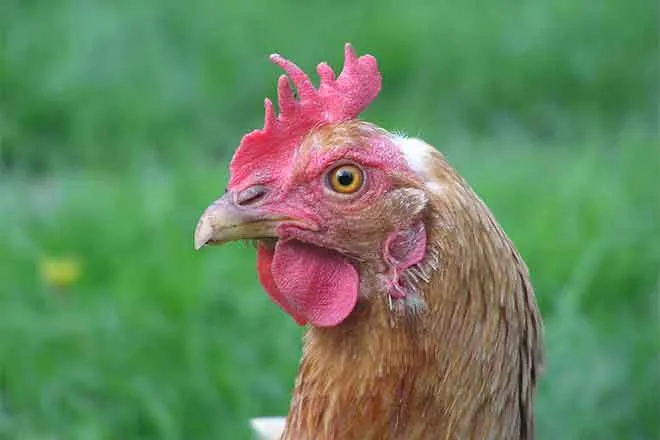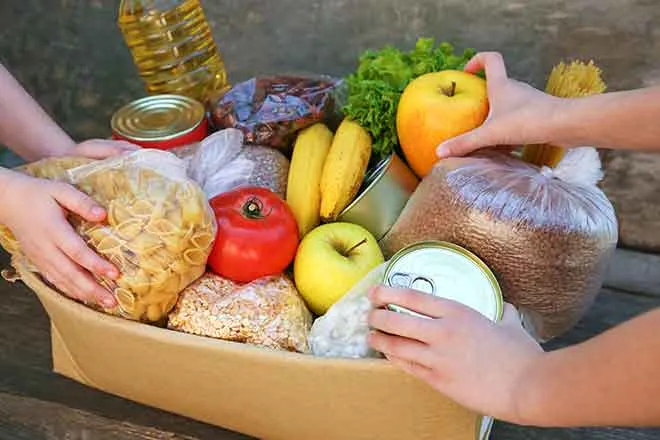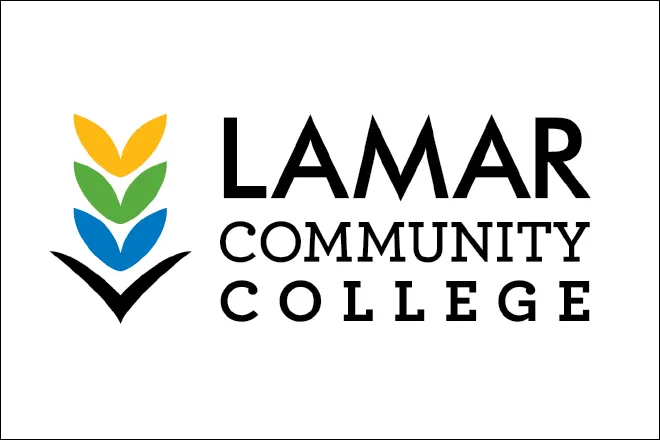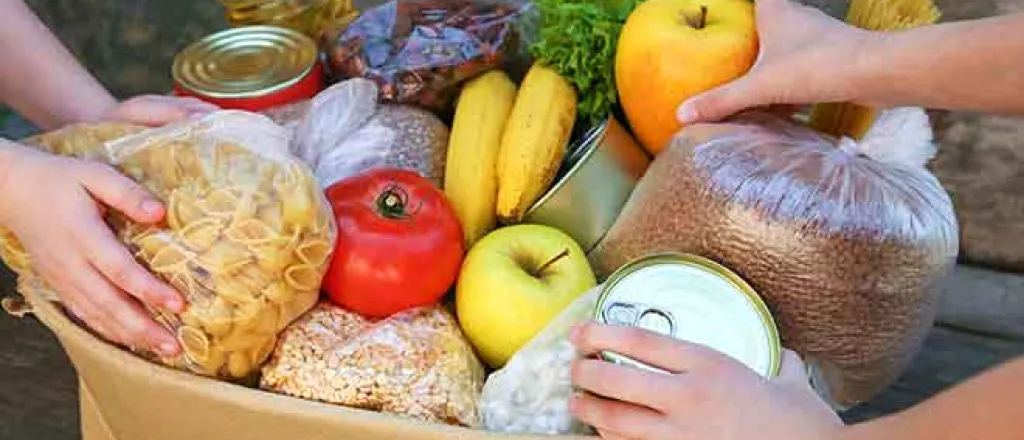
New Mexico college students' food insecurity likely to rise
Click play to listen to this article.
Food insecurity among New Mexico's college students could rise due to changes in the nation's food assistance program.
Funding for the Supplemental Nutrition Assistance Program will be slashed over the next eight years by $186 billion as part of the Trump administration's budget reconciliation bill. In addition to low-income families, the reduction will affect eligible college students, some who also are raising children while pursing a degree.
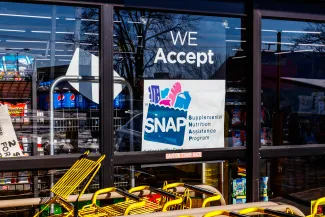
Sarita Cargas, associate professor in the Honors College at the University of New Mexico, said in a recent statewide survey, 6,000 students described themselves as food insecure, with 4,000 describing the problem as "severe."
"Going to college has all kinds of associated costs: fees, books, housing, food," Cargas pointed out. "Students tell us they do take the pressure off worrying about food or experiencing hunger while trying to take an exam or go to class, or do homework or anything else."
Cargas noted Indigenous, Black and LGBTQ+ college students have historically had the hardest time getting “nutritionally adequate and safe food.” The nationwide reduction represents an almost 20 percent decrease in SNAP, a program currently assisting 42 million people with grocery purchases.
Many students enrolling in college these days are older and cannot rely on parents to help out with expenses. Cargas added older students often work 40 or more hours each week but still struggle to pay for both food and housing.
"Forty-nine percent of college students in New Mexico are financially independent, and I think we can make the argument that we really need to step up under this current administration," Cargas contended. "Things are about to get a lot harder for our students."
The University of New Mexico's "Basic Needs Project" concluded 3,500 more students could graduate each year if shortages of such basic needs as food and housing were eliminated. Cargas emphasized the graduates would also contribute hundreds of millions of dollars over time to New Mexico’s tax base.


